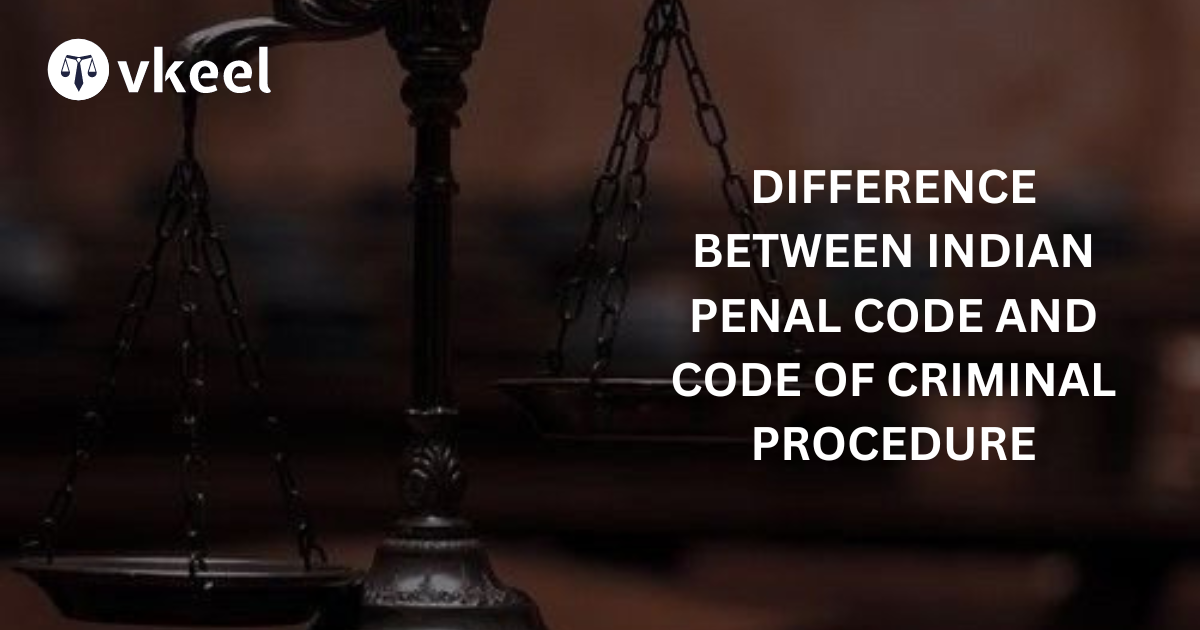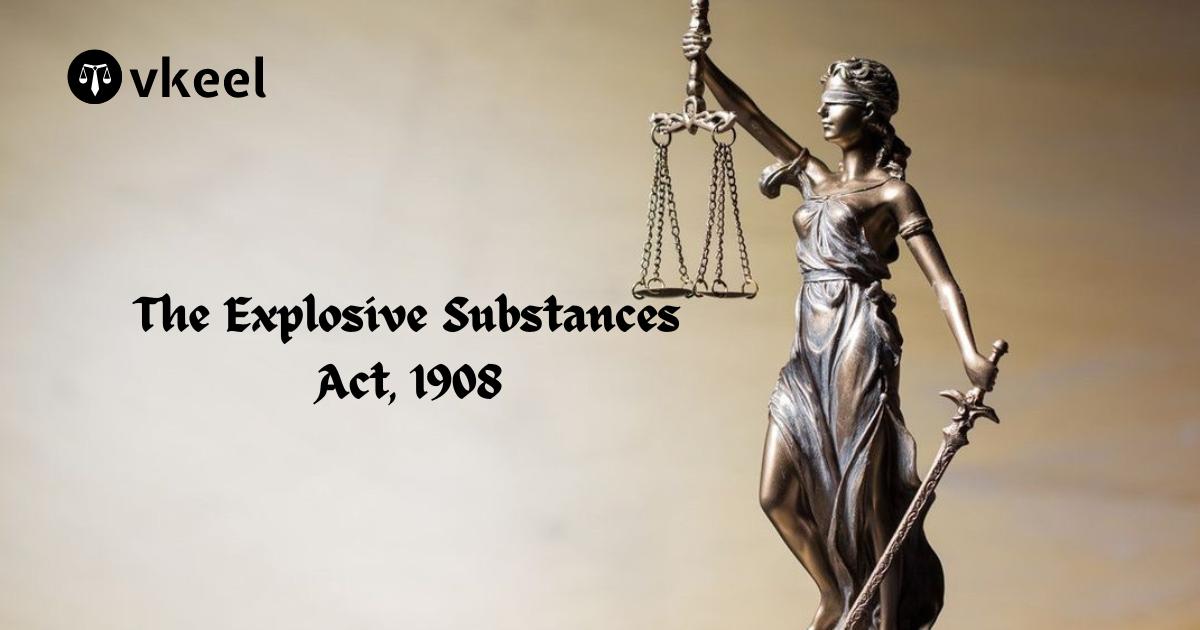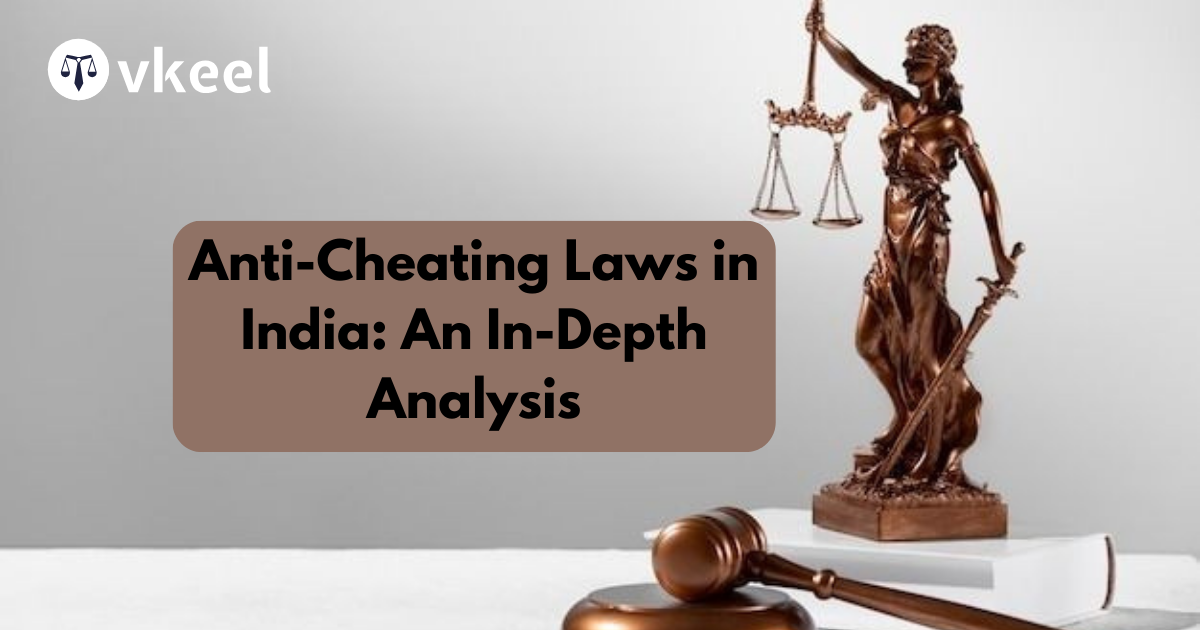Difference between Indian Penal Code and Code of Criminal Procedure
By Joy Puri
Table of Contents
Introduction
The legislators in the Indian legal system play a pivotal and crucial in narrating offenses and bringing up new laws for the developing needs of the society. Legislators, comprise of members of Parliament and state legislatures, draft, debate, and pass laws which entails what constitutes an offense, consequential penalties for violations, and define procedures for the administration of justice in the country. They ensure that laws are built with societal values, constitutional principles, and evolving needs of the society thereof.
The judiciary in this hectic environment plays an important role in interpreting and applying the laws enacted by legislators to provide fairness and justice to the citizens. The judiciary, comprises of various courts at various levels, including the Supreme Court of India, high courts, and subordinate courts, ensures the enforcement of laws and safeguards individuals’ rights in order to protect the integrity of the country. Judges interpret statutes, listen to cases, and judge the disputes, ensuring swift justice is served without any bias and in accordance with the law entailed by the statutes. Moreover in furtherance to that, the judiciary possesses the power to review the constitutionality of laws and strike down those that violate the Constitution for the public good.
Understanding distinction between Substantive and Procedural Laws
Substantive law entails the set of rules and fundamental principles that ordain the rights and obligations of individuals and entities in a systematic society. It further narrates as to what behaviours are considered legal or illegal and highlights the punishments for violating these rules and regulations. Substantive law delineates various areas of law, such as criminal law, contract law, property law, and tort law, among others.
Procedural law governs the process and the route through which substantive law is enforced in the society. It demarcates the steps and procedures that have to be followed in legal proceedings, such as the rules of evidence, court procedures. Procedural law makes sure that legal proceedings are conducted fairly and consistently, moreover that the rights of individuals are protected throughout the legal process giving them a fair chance.
Nature: Substantive Law stipulates the rights and obligations of individuals or entities in the society. It entails what are the building blocks of a crime. Procedural Law establishes the rules and processes for enforcing substantive laws in order to govern them. It primarily focuses on the methods and procedures for resolving the legal disputes, rather than the substance of those disputes.
Focus: Substantive Law is at priority, concerned with entailing the legal rights, duties, and liabilities of the individuals. Procedural Law is further concerned with the process of applying substantive laws in specific cases, encouraging fairness and efficiency in legal proceedings of the matter.
Enforcement Tool: Substantive Law narrates the punishments for violating legal norms, such as penalties for criminal offenses or damages for breach. Procedural Law further governs the procedures for initiating legal actions, presenting evidence, conducting trials, and rendering judgments for the matter.
Scope: Substantive Law applies to the substantive aspects of legal relationships, regulating conduct and defining legal consequences arising thereof. Procedural Law applies to the procedural aspects of legal proceedings, ensuring that disputes are resolved fairly and according to established rules of the statutes. Procedural Law is generally derived from statutes, rules of the court, and judicial decisions, ensuring the process by which substantive rights are enforced and disputes are resolved.
Recent scenarios and amendments
In the recent scenario discussions and debates have taken place which has in return given birth to the new laws. This year, the Parliament of India witnessed the three new major amendments regarding the Indian Penal Code, Criminal Procedure Code, and the Indian Evidence act.
Although many of the opposition leaders criticised the very regulation, but flipping the coin to the other side, people argued that these amendments in a way has set them free from the colonial laws of the country. The people opposing the same have questioned unnatural offences of IPC being not even mentioned in the very amendment.
The Chief Justice of India Dr. D.Y. Chandrachud ordained the significance of better infrastructure needed and thereby required by the judiciary in order to implement these laws to the very extent. There have been heated arguments which question the fundamentals of the governance regarding the new laws.
Conclusion
In the prevailing time preventing crimes and ensuring a fair procedure for the crimes being reported till their adjudication is a multifaceted endeavour which in return requires cooperation across various sectors. Firstly, fostering strong community bonds and trust between law enforcement and citizens can encourage reporting without fear of retaliation, ensuring crimes are swiftly addressed in the society. Moreover, investing in education, social programs, and economic opportunities can address root causes of crime such as poverty and lack of opportunity.
Following effective crime prevention strategies, including better policing, surveillance systems, and crime hotspots identification, can deter criminal activity to a far better extent. Although, it’s crucial to balance these measures with safeguarding individual rights and ensuring a fair legal process. This amounts transparent investigations, proper evidence collection, unbiased judiciary, and legal representation for all parties involved.
In furtherance to the aforementioned details, continuous evaluation and improvement of laws and procedures, along with public engagement and awareness campaigns, can promote a fair and just system that effectively prevents crimes and upholds justice for all in the country like India.
Disclaimer:
The information provided in the article is for general informational purposes only, and is not intended to constitute legal advice or to be relied upon as a substitute for legal advice. Furthermore, any information contained in the article is not guaranteed to be current, complete or accurate. If you require legal advice or representation, you should contact an attorney or law firm directly. We are not responsible for any damages resulting from any reliance on the content of this website.







